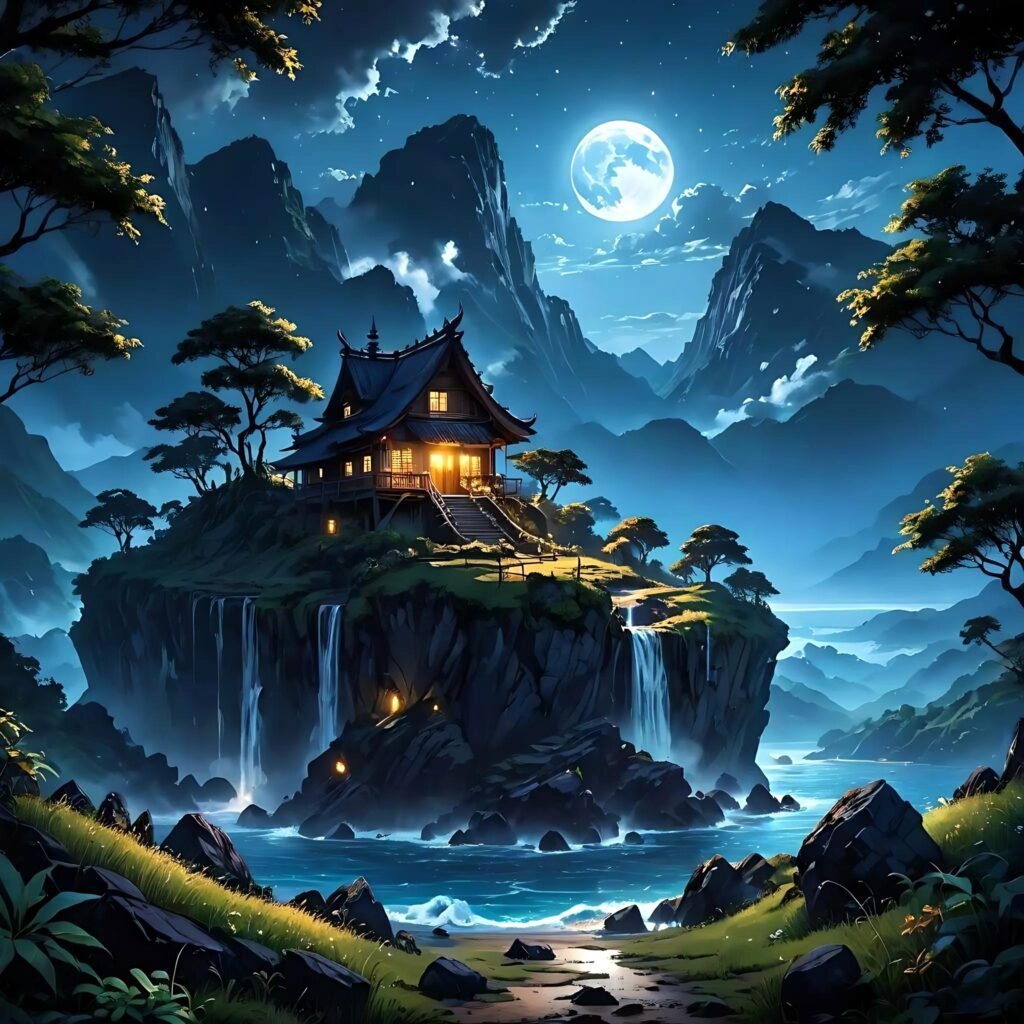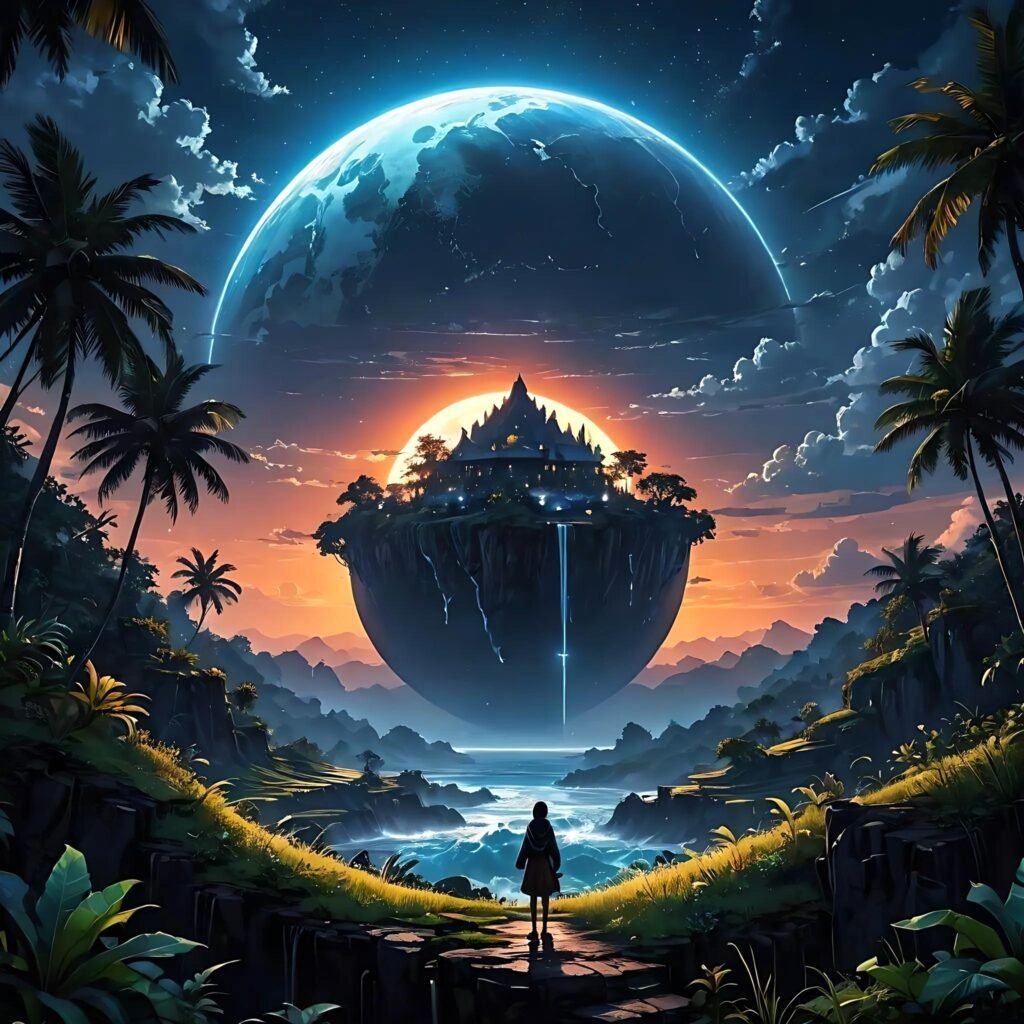Introduction:

Imagine waking up to a world draped in darkness, with the sun nowhere to be seen. The natural rhythm of day and night disrupted, leaving humanity in a state of bewilderment and awe. Such a scenario, while seemingly improbable, sparks curiosity and prompts us to delve into the realm of hypotheticals. What if the sun refused to rise for a day?
In this blog, we embark on a journey of imagination and exploration, contemplating the implications and possible explanations behind such a phenomenon. From the scientific to the philosophical, we delve deep into the realms of astronomy, meteorology, and human perception to unravel the mysteries of a day without dawn.
The Scientific Perspective:
From a scientific standpoint, the sudden absence of sunrise would send shockwaves through the world of astronomy and meteorology. The Earth’s rotation, the cornerstone of our understanding of time and celestial movements, governs the daily rise and fall of the sun. But what if this rotation were to halt, even momentarily?
One plausible explanation could be a temporary interruption in the Earth’s rotation caused by external forces such as gravitational anomalies or celestial events. A close encounter with a massive celestial body, a cosmic collision, or even a sudden shift in the Earth’s axis could disrupt the delicate balance of our planet’s rotation, resulting in a day without dawn.
Alternatively, atmospheric phenomena such as a dense cloud cover or a massive volcanic eruption could obscure the sun’s rays, plunging the world into darkness. While these scenarios are less dramatic than a halt in the Earth’s rotation, they highlight the fragility of our reliance on the sun’s light for diurnal rhythms and everyday activities.
The Psychological Impact:
Beyond the realm of science lies the psychological impact of a day without dawn. For millennia, humanity has relied on the cyclical patterns of day and night to structure our lives and define our sense of time. The sudden disruption of this rhythm would challenge our perceptions of reality and evoke primal fears of the unknown.In the absence of sunlight, our circadian rhythms would be thrown into disarray, disrupting sleep patterns and causing widespread disorientation. The psychological toll of prolonged darkness could lead to a sense of isolation and despair, as individuals grapple with the uncertainty of when, or if, the sun will rise again.

Moreover, the cultural and spiritual significance of the sun cannot be understated. Across cultures and civilizations, the sun has been revered as a symbol of life, light, and divine power. A day without dawn would shatter these deeply ingrained beliefs, forcing humanity to confront the fragility of our existence and the limits of our understanding of the cosmos.
The Philosophical Implications:
In contemplating a day without dawn, we are confronted with profound existential questions about the nature of time, reality, and the human condition. What does it mean for the sun, the ultimate symbol of stability and continuity, to refuse to rise? Are we mere specks adrift in an indifferent universe, subject to the whims of cosmic forces beyond our control?
From a philosophical perspective, the absence of sunrise invites us to reconsider our place in the cosmos and our relationship to the natural world. It serves as a stark reminder of the interconnectedness of all things and the fragility of life on Earth. In the face of such uncertainty, we are compelled to find meaning and purpose in the darkness, to seek solace in our shared humanity and our capacity for resilience and adaptation.
Conclusion:
In the hypothetical scenario of a day without dawn, we are confronted with the profound mystery and beauty of the cosmos. From the scientific to the philosophical, we explore the implications and possible explanations behind such a phenomenon, grappling with questions of time, reality, and the human condition.
While the sun may never truly refuse to rise, the thought experiment serves as a poignant reminder of the fragility of our existence and the boundless wonders of the universe. In the darkness, we find not only fear and uncertainty but also the opportunity for introspection, growth, and the emergence of new possibilities.
As we gaze into the abyss of the unknown, may we find solace in the enduring light of human curiosity and the relentless pursuit of knowledge. For even in the darkest of nights, the promise of a new dawn beckons, illuminating the path forward with hope and possibility
.The Global impact : What if the entire population of earth Become vegetarian?
The Resurgence of Dinosaurs : Exploring the consequences of their return to earth
Deciphering the toughest section in NEET 2024 : A comprehensive analysis
Unveiling the factors behind the low success rate in neet exam